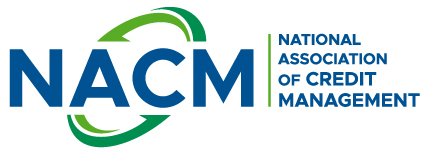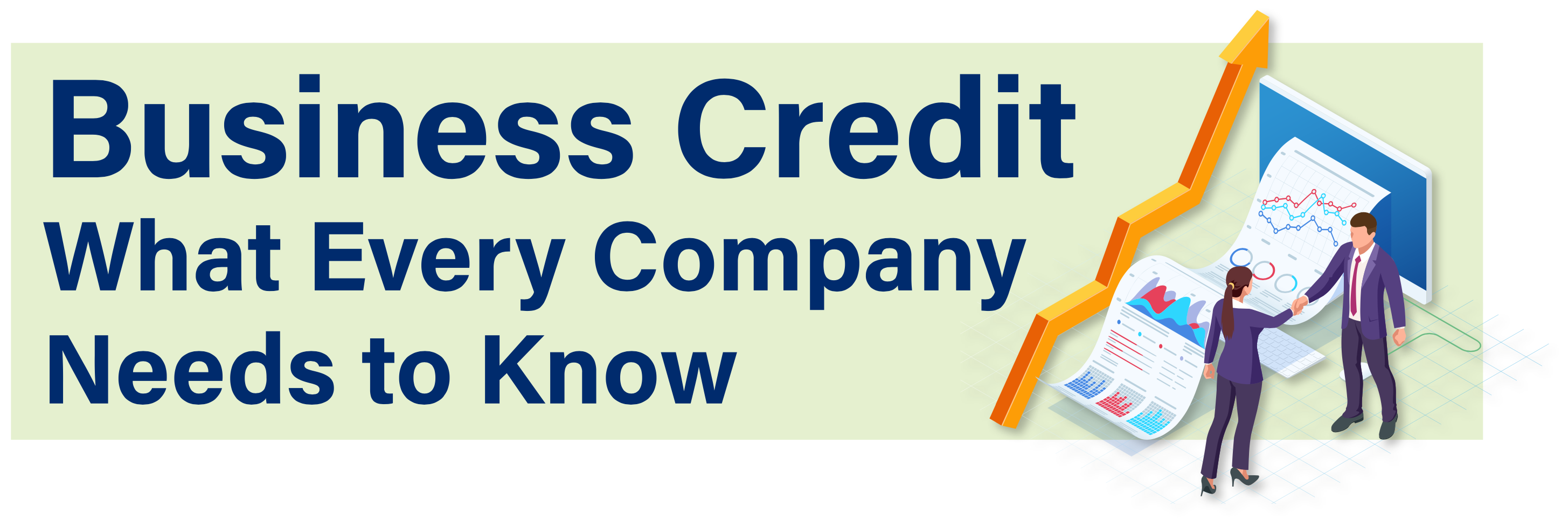-
Credit exchanged from one business to another is a type of commercial credit known as trade or business credit.
-
Commercial credit is the economy’s largest source of business financing by volume and exceeds even bank loans, with literally billions exchanged daily.
-
Commercial credit differs from consumer credit: Dollar amounts exchanged are often much larger, and most transactions are conducted on an unsecured basis.
-
The timeliness of a credit decision is often more crucial in the business setting. Delays can negatively affect a potential debtor’s business.
-
Creditors routinely assess and update a company’s commercial creditworthiness. Analysis continues as the business relationship does, and it doesn’t end with a credit decision.
-
Similar to the consumer arena, businesses use commercial credit reports, which help suppliers increase the accuracy and speed of their credit decisions.
-
The subject of a commercial credit report must build a commercial credit profile. This process begins when a company incorporates and then develops its credit history by receiving credit and paying its bills.
-
Companies don’t have to pay to see their commercial credit reports. Instead, they can contact credit reporting agencies to see their reports and address any discrepancies.
-
A commercial credit profile can protect business owners from liability. This becomes important if a business runs into trouble. Many small business owners use their own personal credit to run their companies, but this places their personal finances at risk.
-
The exchange of commercial credit information fuels the extension of business credit nationwide. Buyers should encourage their suppliers and vendors to report their payment behavior to reporting agencies to ensure that they have an accurate credit report and can obtain access to new business credit.





